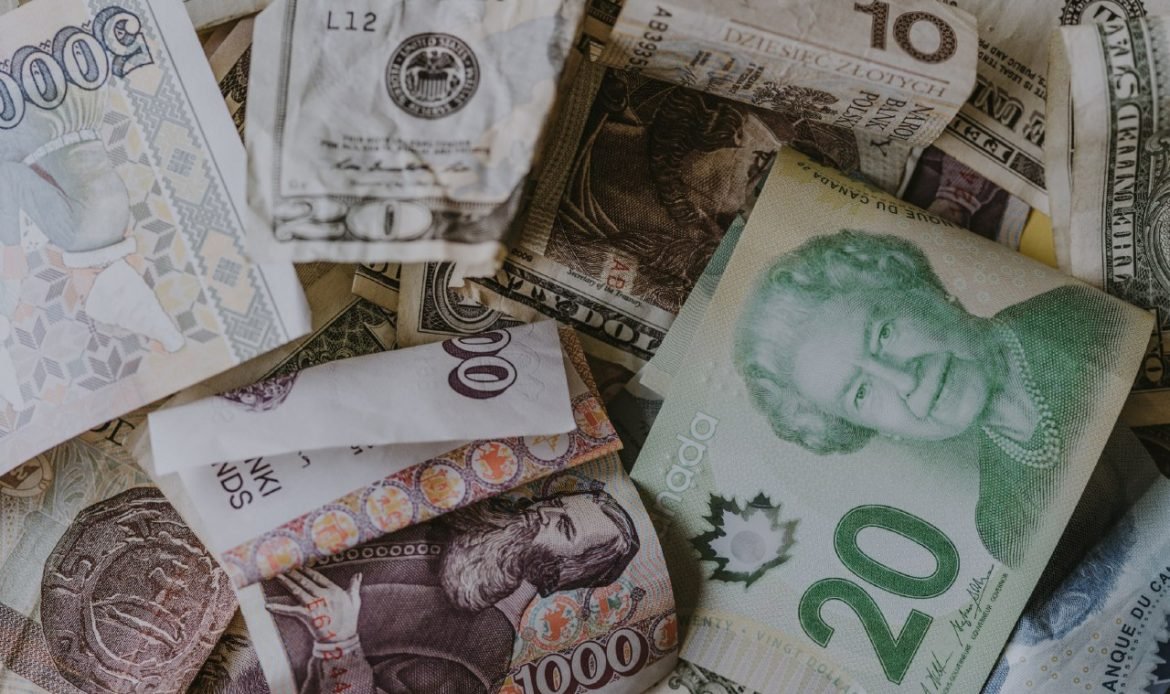Changes in ‘fundamentals’ no longer explain commodity price volatility. Meanwhile, more commodity speculation has resulted in greater price volatility and higher prices for food, oil, metals and other raw materials.These prices have been driven by much more speculation, often involving indexed funds trading in real assets. The resulting price volatility especially affects everyone, as food consumers, and developing countries’ agricultural producers.Sharp increases in commodity prices since mid-2007 were largely driven by speculation, mainly involving indexed funds. With the Great Recession following the GFC, most commodity producers in developing countries faced difficulties.Since then, nearly all commodity prices fell from the mid-2010s as the world economic slowdown showed no sign of abating until economic sanctions in 2022 pushed up food, energy, fertilizer and other prices once again.Besides hurting export revenues, lower commodity prices and even greater volatility have accelerated depreciation of earlier investments in equipment and infrastructure following the commodity price spikes.Integrated solutions neededThe uneven financial system meltdown following the GFC raised expectations that ‘finance-as-usual’ would never return. But lasting solutions to threats, such as currency and commodity speculation, require international cooperation and regulation.Meanwhile, goods and financial markets have become more interconnected. Thus, a truly multilateral and cooperative approach has to be found in the complex interconnections involving international trade and finance.In this asymmetrically interdependent world, policy reforms are urgently needed. All countries need to be able to pursue appropriate countercyclical macroeconomic policies. Also, small economies should be able to achieve exchange rate stability at affordably low cost.Although prompt actions were undertaken in response to the GFC, the world economy experienced a protracted slowdown, the ‘Great Recession’. Myopic policymakers in most developed economies focus on perceived national risks, ignoring international ones, especially those affecting developing countries.Contrary to widespread popular presumption, the Bretton Woods multilateral monetary and financial arrangements did not include a regulatory regime. Nor has such a regime emerged since, even after US President Nixon unilaterally ended the Bretton Woods system in 1971.With the gagged voice of developing countries in international financial institutions and markets, the United Nations must lead, as it did in the mid-1940s.It is the only world institution which could legitimately develop a better alternative. Thankfully, the UN Charter assigns it responsibility to lead efforts to do so.
This article was originally published by all Africa.



